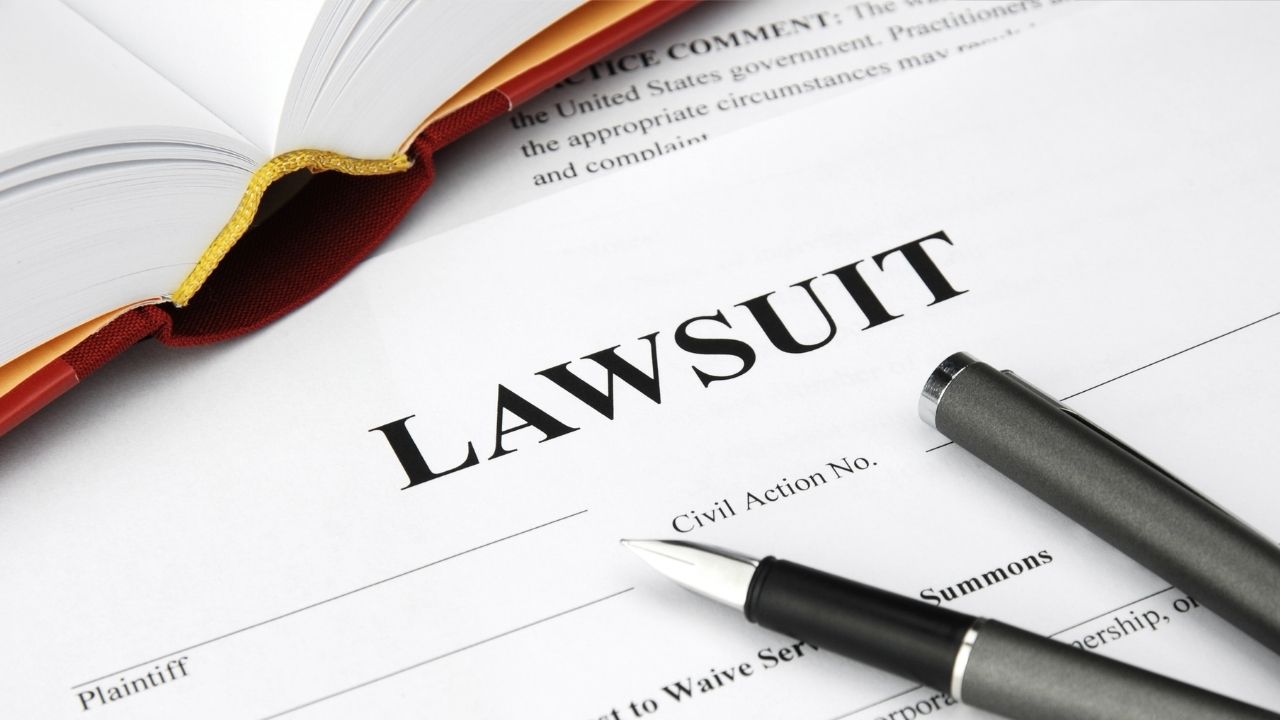Types of Damages in a Personal Injury Lawsuit

Preparing for a personal injury lawsuit can be a difficult and exhausting endeavor. Especially when it is compounded by the stress of a complicated legal system or financial difficulties related to an accident. What kinds of damages can you recover when you have been the victim of an accident? How does the system work to discourage similar accidents from happening to other people? The explanations below may help you feel better equipped to approach your attorney with questions related to your specific case.
There are three types of damages that can be awarded in a personal injury lawsuit. Special damages (or economic damages), general damages (or non-economic damages), and punitive damages. When awarding damages, the court’s aim is to “make the plaintiff economically whole.” In other words, to award only the financial amount necessary to return the victim to the same position they were in prior to the accident. The three types of damages are described in more detail below.
Special Damages (or Economic Damages)
When it comes to your personal injury lawsuit, you might not be sure whether you are asking to be compensated for special damages (also known as economic damages). In this case, ask yourself whether the value of the damages is easily quantified. Do you have a medical bill you can point to that shows the financial damages of a car accident? Can you provide a copy of your earnings that can demonstrate lost wages (e.g. for taking sick leave if you needed to go to a hospital)? Is there an estimate for repairing any property damage that may be related to your lawsuit?
In certain situations, economic damages can also include less-obvious costs. Travel expenses is one such example. Consider the cost of an ambulance to go to the hospital, or the mileage (and in extreme cases, the cost of airfare!). These are costs you spent for any subsequent hospital visits pertaining to your injuries. Special damages may also include household expenses. Things like the cost of installing a wheelchair ramp or extra expenses related to childcare or household work.
Economic damages can also include certain types of future losses. For example, cost of future medical care or the loss of earning capacity. The cost of future medical care can be substantiated by doctor’s recommendations (e.g. a letter explaining future surgeries that will be necessary for your injuries, or any continuing rehabilitative therapy related to your injuries). The loss of earning capacity can be proven by demonstrating to the court that, because of your injuries, you were passed up for promotions or that you are unable to work in your chosen career altogether.
General Damages (or Non-Economic Damages)
In a personal injury lawsuit there are general, or non-economic, damages. These types of damages can be more contentious because these damages are more difficult to quantify. It can be difficult to assign a clear financial value to the chronic feeling of pain or the energy depletion from suffering. Similarly, Non-economic damages includes loss of enjoyment of life. Additionally, it includes disfigurement, inability to lead a normal life, and loss of consortium. Loss of consortium happens if the impact of an injury on one impacts the ability to have a healthy or fulfilling physical relationship with their partner.
These damages are more difficult to prove in court. This is because people are usually expected to present physical evidence that supports a specified value. For example, a mechanic’s invoice of $2,500 for repair to a vehicle after a car accident can be used to support the victim’s demand for $2,500 for property damage. To prove non-economic damages, a victim may be asked to draw upon photos, mental health records, or journal entries and other testimony by the victim themselves.
Punitive Damages
In some very limited cases, accident victims can recover punitive damages. These damages are unique from general damages or special damages. Punitive damages are the only type of damages that are not awarded to compensate an accident victim for a particular harm. Instead, punitive damages act as an extra “fine” to punish someone for extremely reckless or malicious acts. This acts resulted in damage to the victim. Consider this example of when punitive damages could be awarded. If a car accident was caused by a driver who was under the influence of drugs or alcohol. However, punitive damages are not guaranteed in every case and whether they are awarded depends on the facts of each case.
Contact a Personal Injury Attorney Today
If you are the victim of an accident, you should speak to an attorney who can help you navigate the complexities of your specific situation. This is especially true if you are injured or currently recovering from injuries. Spend your injury resting and recovering and allow your attorney to handle the issue of collecting damages.
The attorneys at B|B Law Group have expertise in personal injury lawsuits and will answer your questions. Contact the B|B Law Group to schedule a consultation today.


